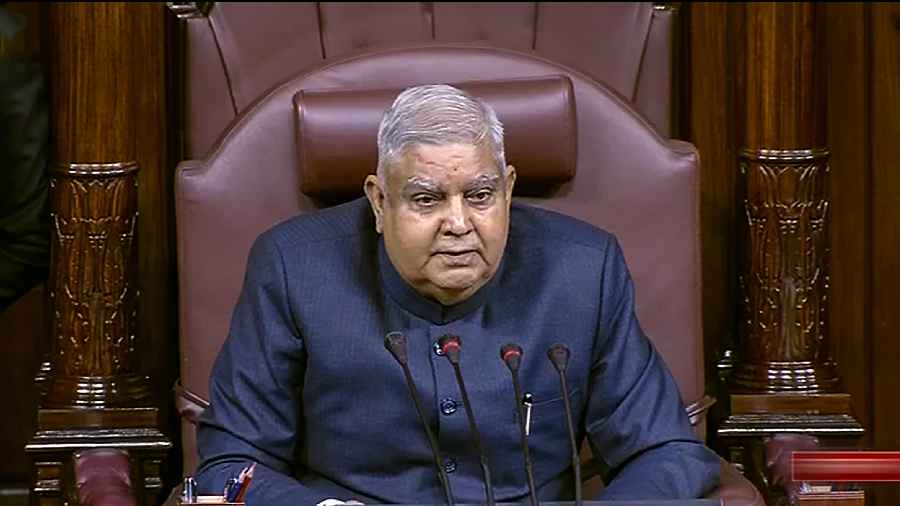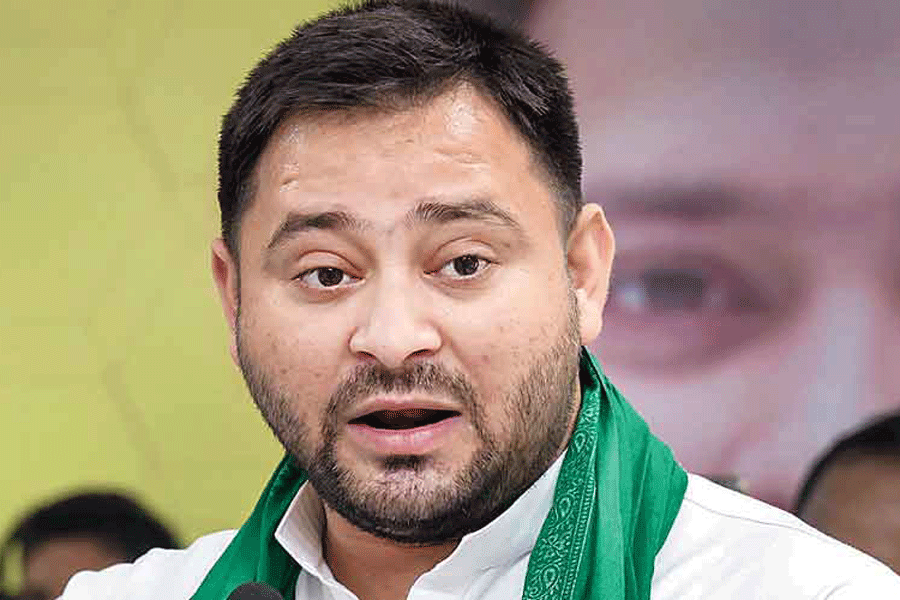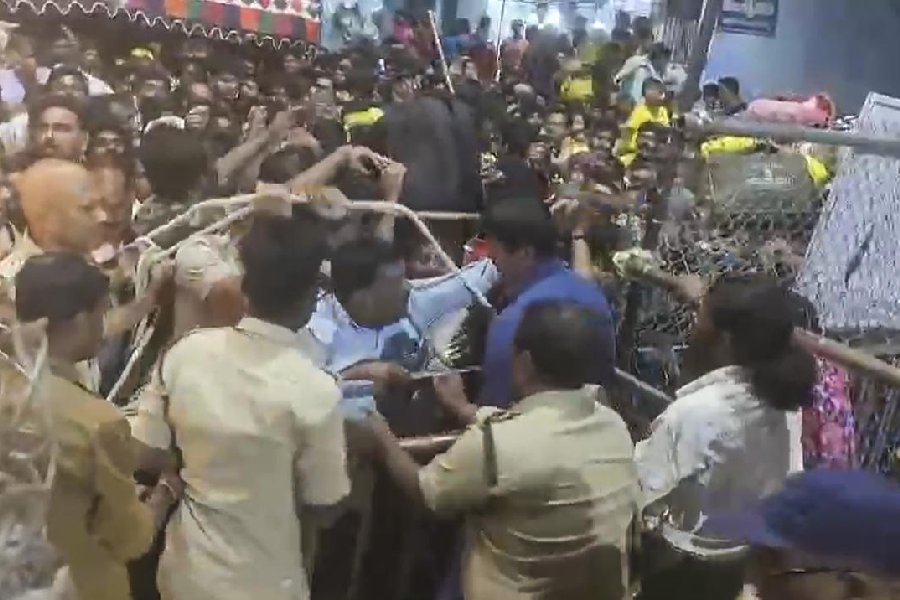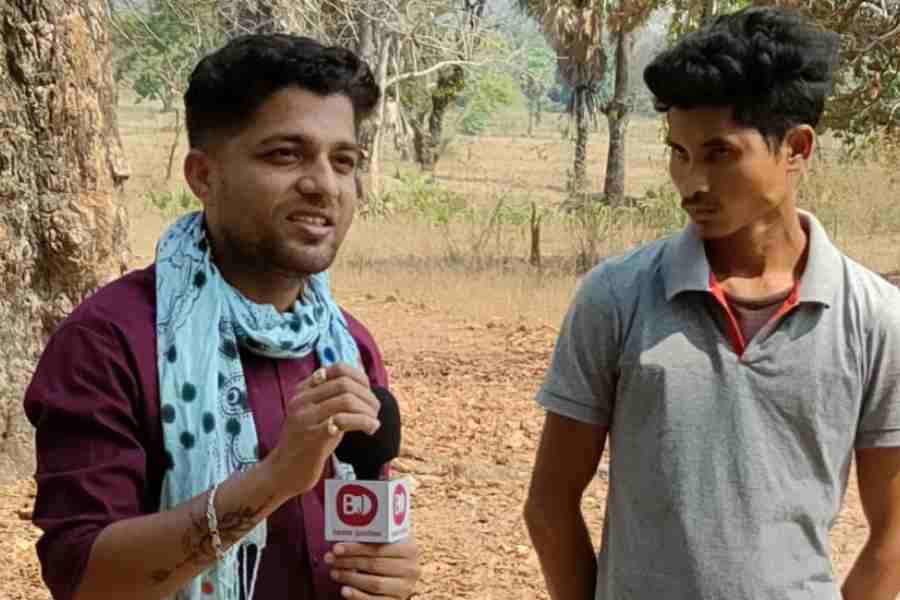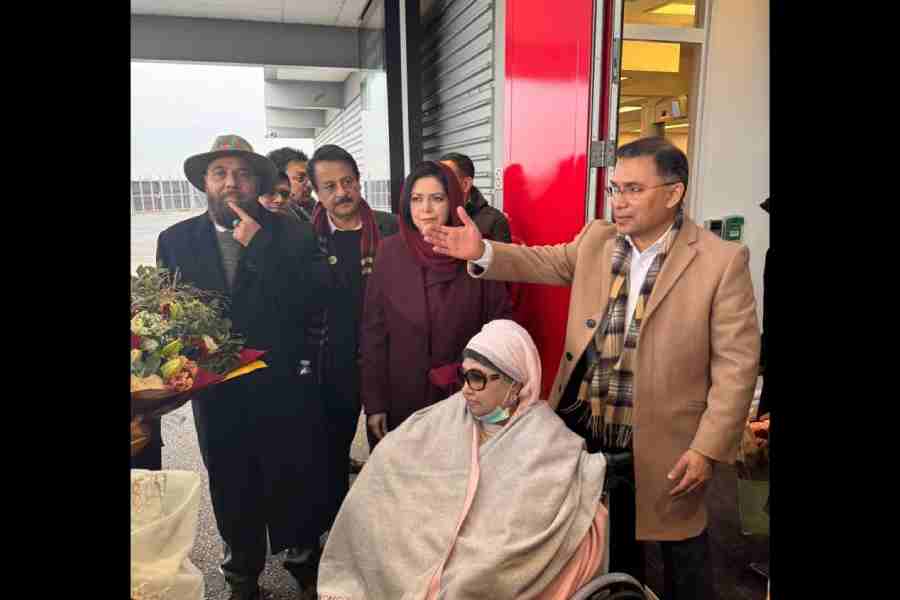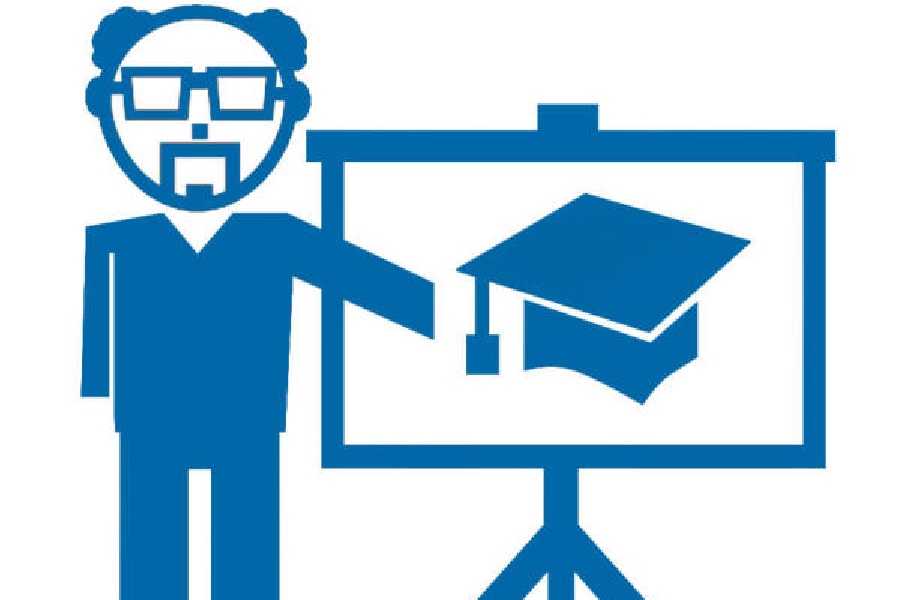India's handling of COVID-19 was an example to the world as regards how the country utilised its digital resources to roll out vaccines for such a large population and successfully controlled the disease at home while extending a helping hand to other nations, Vice President Jagdeep Dhankhar said on Friday.
Dhankhar, who inaugurated the "International Symposium on Health Technology Assessment: ISHTA 2023" here, lauded Prime Minister Narendra Modi's proactive and timely decision of calling for a people's curfew and the citizens following it so that "what was advised to contain Covid could be translated into action".
He further said the prime minister cheered and motivated the Covid warriors and the country was quick to come up with a legislation that accorded them protection.
"India's handling of Covid exemplifies the best practices beyond doubt now. In that perspective, when I have gone abroad on two visits, how satisfying it was for me to note that when India was facing Covid, it innovatively came out with vaccines.
"India could vaccinate 220 crore people and put it on digital mapping. It was also giving assistance to other countries through 'vaccine maitri' that is something reflective of our age-old ethos," Dhankhar said.
Referring to the sessions at the event, he said "affordability of healthcare services" is a very critical aspect.
Keeping this in view, the prime minister came up with the idea of Ayushman Bharat and the world's largest and most transparent, accountable and impactful mechanism is benefitting 140 crore people of the country effectively, the vice-president said.
He said because of the Ayushman Bharat Jan Arogya Yojana, there has been an increase in the number of diagnostic centres, medical, nursing colleges and clinics in the country and that has brought about a plateau kind of development, touching the lives of those who are physically vulnerable.
"If they have to suffer on account of affordability, the growth of children is impeded and families' economy goes haywire," Dhankhar added.
Speaking about another session on "availability of healthcare technologies", the vice president said technology is a game changer and a turning point.
Referring to the third aspect -- "accessibility to healthcare technologies" -- he said, "We have wellness centres not just in tier-2 cities, in semi-urban areas, but even in villages and that is a milestone achievement." On the session on "health technology assessment", he said, "That is the way forward stance. For any institution, the safest way to degenerate is to keep it away from accountability, keep it away from scrutiny and keep it away from assessment." "This international symposium on health technology is assessment-oriented and you will be critically assessing the situations that I am sure will go a long way in securing a world both of health and happiness," the vice president said.
The symposium based on the theme of "Affordability, Availability and Accessibility of Healthcare Technologies through evidence generated by HTA for Universal Health Coverage" was organised by WHO India and Centre for Global Development, Europe.
Dhankhar further narrated how the "Swachh Bharat Abhiyan" launched by the prime minister changed the country's landscape.
"Consequentially, what we never thought or imagined -- every household has a toilet. We are on our way to getting fresh potable water at home and the side-effects are such that there has been industrial growth, startups and entrepreneurship have grown," he said.
He said 1.5 lakh health and wellness centres have come up in the country, generating huge opportunities for entrepreneurs and also proving to be a game changer as far as economic growth is concerned.
Mentioning that more than 33.8 crore Ayushman Bharat health accounts have been created and there are 50 crore beneficiaries of the Pradhan Mantri Jan Arogya Yojana, Dhankhar said, "These numbers to the world at large may be staggering but in our country, the development is proportionally manageable. It has been in a very structured manner, not in isolated instances or otherwise." Affordability of medicines for the common man is of critical consequence, he said, adding that this has been done through the more than 9,000 jan aushadhi kendras set up across the country to enhance access to generic medicines.
Cancer is a deadly disease and what has been done in that area is amazing by providing medicines that are affordable, the vice president pointed out.
"India is an example in the world where we have used technology for making available efficient services to people.
"There was a time, when I was a student or even a member of Parliament, there used to be long queues for payment of bills. But in the health sector, revolutionary things have been done and over 80 million (eight crore) teleconsultations have been conducted through e-sanjeevani, the national telemedicine service of India," he said.
The vice president also complimented the Union health minister on doubling the number of MBBS seats and post-graduate medical seats in the country.
Stating that "India is on the rise at the moment as never before and the rise of this country is unstoppable," Dhankhar said this is based on two "great" concepts highlighted by the prime minister in the last year and a half.
"One, he gave a message to the world that we are not in an era of expansion. Expansion by nature is invasive action. Expansion by nature is comprising someone else's sovereignty. Historically, this country has never engaged in expansion," he said.
"Second, he indicated to the world at large, setting a global discourse which is catching up -- war is no solution to any problem.
Dhankhar urge all the stakeholders that "if we have to make this world healthy and happy, we have to subscribe to an ecosystem and in all modesty, I can say that this country has evolved this ecosystem over thousands of years and that is Vasudhaiva Kutumbakam (the world is one family)".
"Let us work to handhold each other to the best of our capacity to contribute to each other's good health, happiness and satisfaction," he said.
Except for the headline, this story has not been edited by The Telegraph Online staff and has been published from a syndicated feed.

